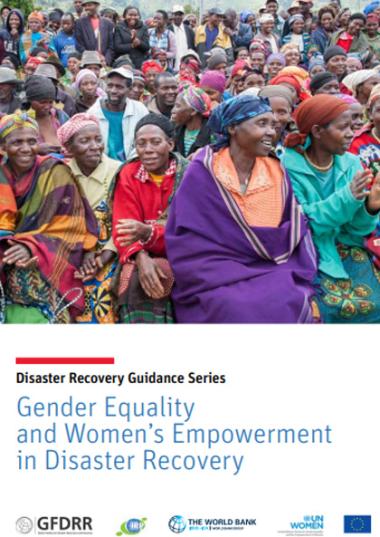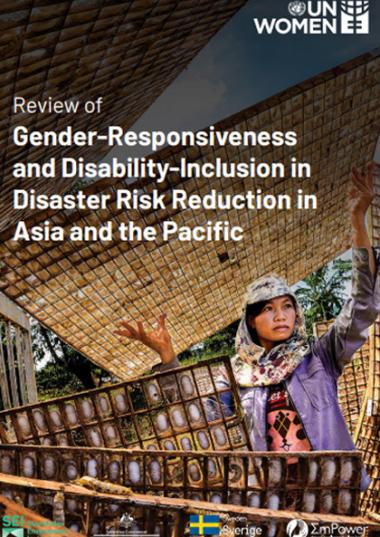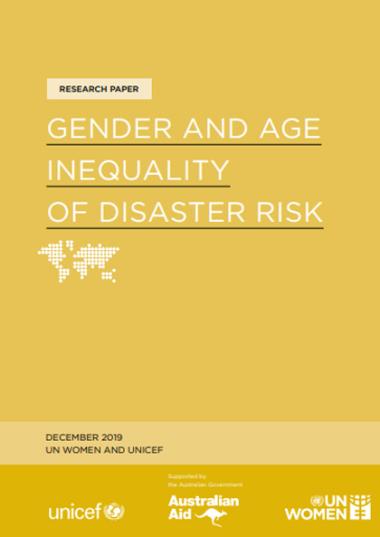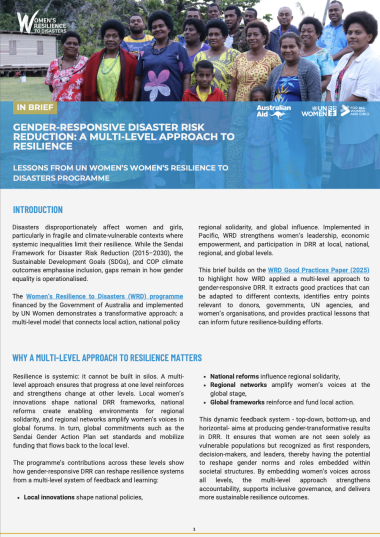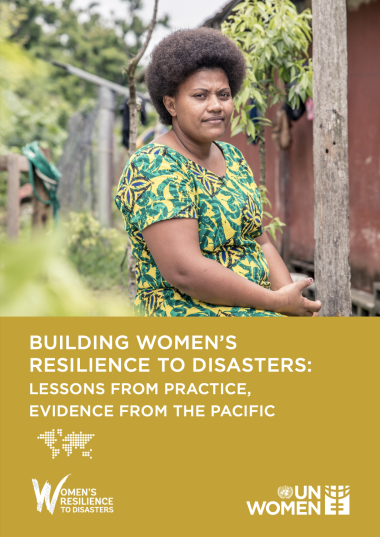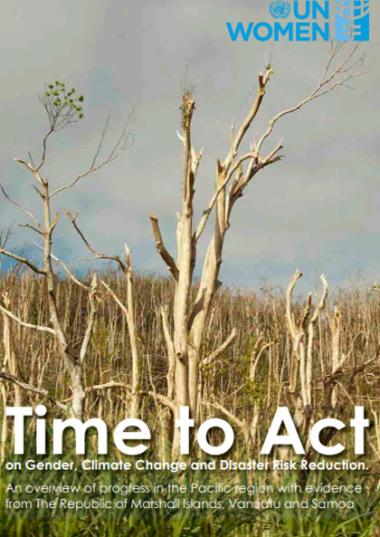
This predominantly qualitative research into long-term disaster resilience identifies what helps and hinders individual and community resilience in disasters. It documents the experiences and wisdom of 56 disaster survivors nine years after the 2009 Black Saturday fires and up to 50 years after earlier fires and floods in Victoria, including the 1983 Ash Wednesday fires.
The purpose of the research was to identify how individuals and communities understand the risk to long-term health and well-being that disaster experience brings, and how to promote resilience over decades. Resilience may be a mix of individual characteristics, intersections of privilege, and the legacy of a lifetime’s experience. It is equally a twist of fate, and the difference between surviving with resilience, and not, appears to lie outside the survivors themselves.
Volume 1 offers a quick overview through the Executive Summary, followed by the full set of recommendations that emerged from the data.
Volume 2 outlines the background and methodology of the qualitative research, and includes a brief illustrative snapshot of responses to a resilience scale that was developed to bring out each informant’s resilience journey over the years. It is then divided into three parts: Part 1 covers the informants’ and society’s perceptions of the significance of a disaster experience; Part 2 considers what helps and hinders resilience; and Part 3 draws on informants’ experiences to clarify the implications for their own and others’ disaster planning into the future. A discussion section follows, and then the conclusion.
Volume 3 is the full literature review into long-term disaster resilience written by Monash University Disaster Resilience Initiative.
In acknowledging that long-term resilience is premised on effective disaster prevention and management, it sits with government to provide expert advice on areas of safe human habitation, and to promptly re-establish essential services after disasters.
It sits with Australian women, men and children – led by those involved in emergency management – to engage in explicit discussions of gendered expectations, realistic expectations of government services, and human rights in the disaster context.
